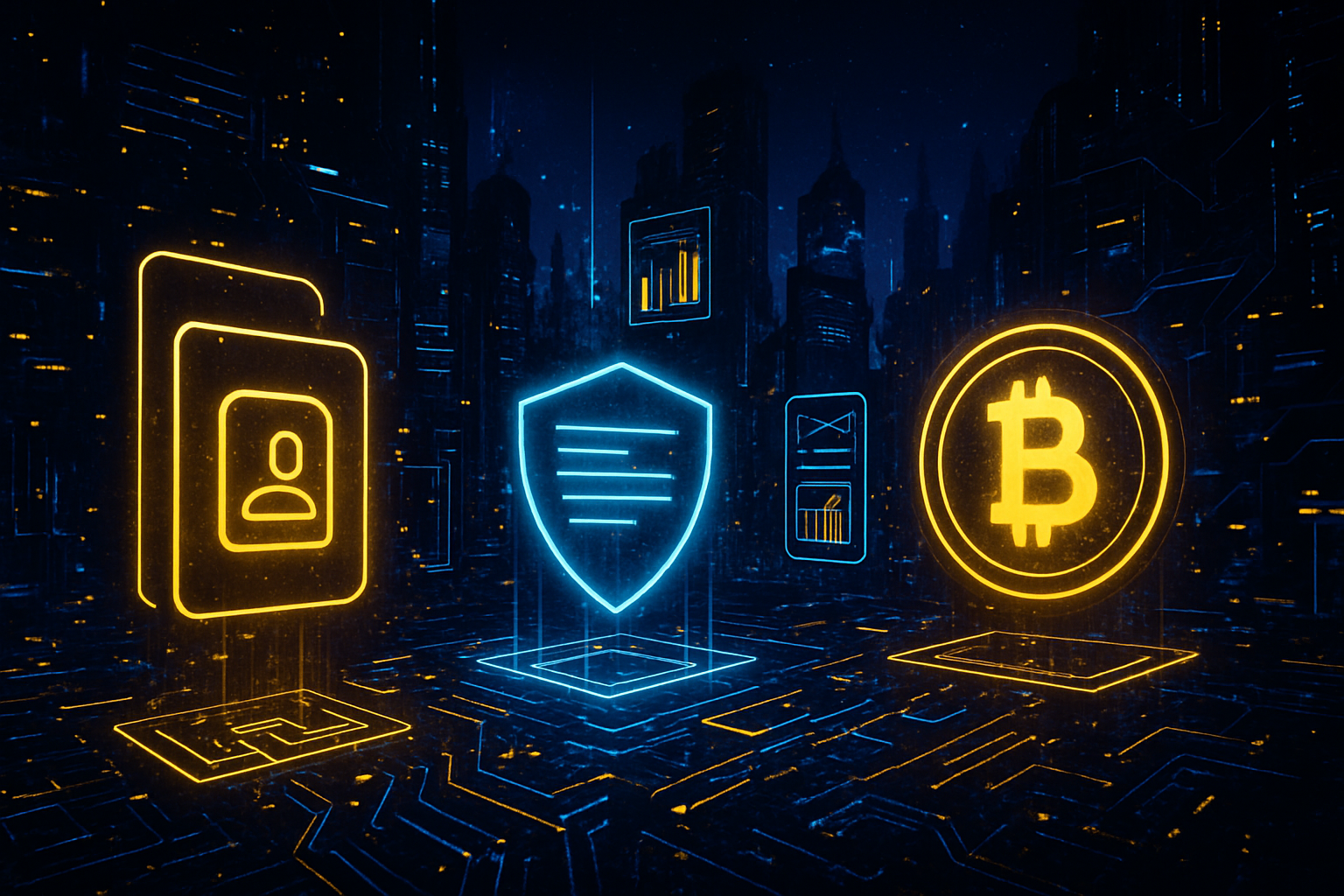
Imagine a world where you can prove you’re old enough to access a service, qualified for a job, or a resident of a country, without ever revealing your birthdate, diploma, or address. This is the promise of self-sovereign identity wallets powered by zero-knowledge proofs (ZKPs) and selective disclosure. Instead of handing over your entire digital self every time you need to verify something, these innovative tools let you share only what’s absolutely necessary. The result? Unprecedented privacy, security, and user control in the digital age.

Selective Disclosure: A Paradigm Shift in Digital Identity
Traditional digital identity systems are hungry for data. Whether it’s signing up for an exchange or accessing government services, users typically have to surrender far more information than needed. This exposes them to privacy risks and creates honeypots for hackers. Self-sovereign identity wallets, however, flip this model on its head by embracing selective disclosure. Powered by ZKP cryptography, these wallets enable users to prove statements about themselves, like “I am over 18” – without revealing the underlying details.
This isn’t just theory. Projects like IOTA Identity and Meeco are already leveraging advanced ZKP techniques such as BBS and signatures to allow granular control over what gets shared. The core benefit? You stay in charge of your data at all times.
How Zero-Knowledge Proofs Work Inside SSI Wallets
The magic behind zk selective disclosure is elegantly simple yet mathematically robust. A zero-knowledge proof lets one party (the prover) convince another (the verifier) that a statement is true without exposing any extra information. In the context of decentralized identity:
- Attribute Verification Without Full Disclosure: Prove you meet criteria (like being 21 and ) without exposing your full date of birth or other sensitive fields.
- No Central Authority Needed: Use decentralized identifiers (DIDs) and verifiable credentials (VCs), with ZKPs as the privacy shield.
- Privacy-Preserving KYC: Solutions like zkKYC let businesses verify compliance without harvesting customer data, a leap forward for both user trust and regulatory alignment.
This approach aligns perfectly with modern data minimization principles and regulatory frameworks that demand privacy by design. For an even deeper dive into how zero-knowledge proofs power this revolution, check out our guide on how zero-knowledge proofs power privacy in decentralized identity wallets.
Key Use Cases for ZKPs in SSI Wallets
-

IOTA Identity: Enables users to selectively disclose specific attributes of their credentials using zero-knowledge proofs, empowering privacy-preserving verification for digital identity use cases.
-
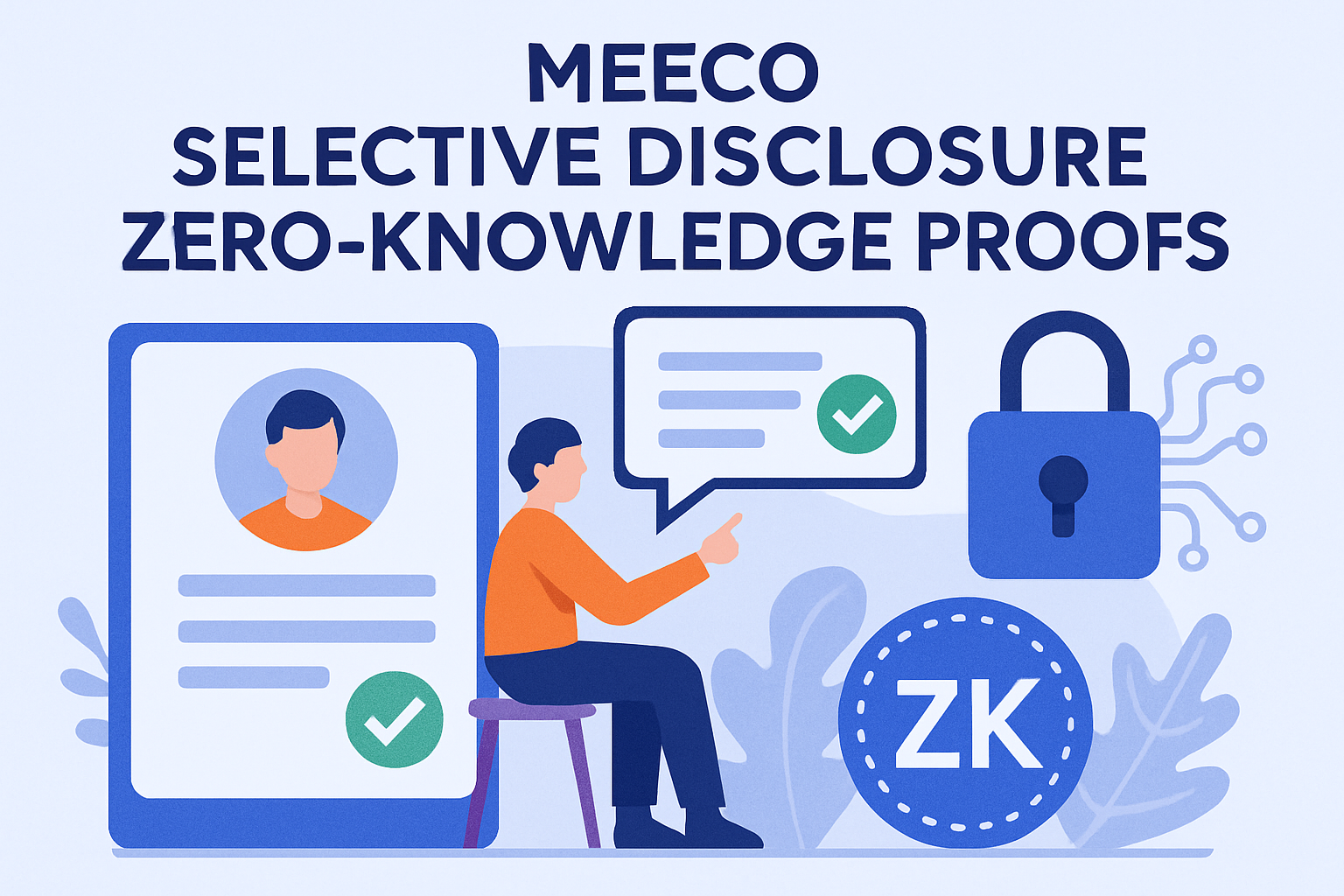
Meeco’s ZKP Attribute Sharing: Offers fine-grained control over which identity attributes are shared with third parties, leveraging BBS+ signatures and advanced ZKP techniques for privacy-centric interactions.
-
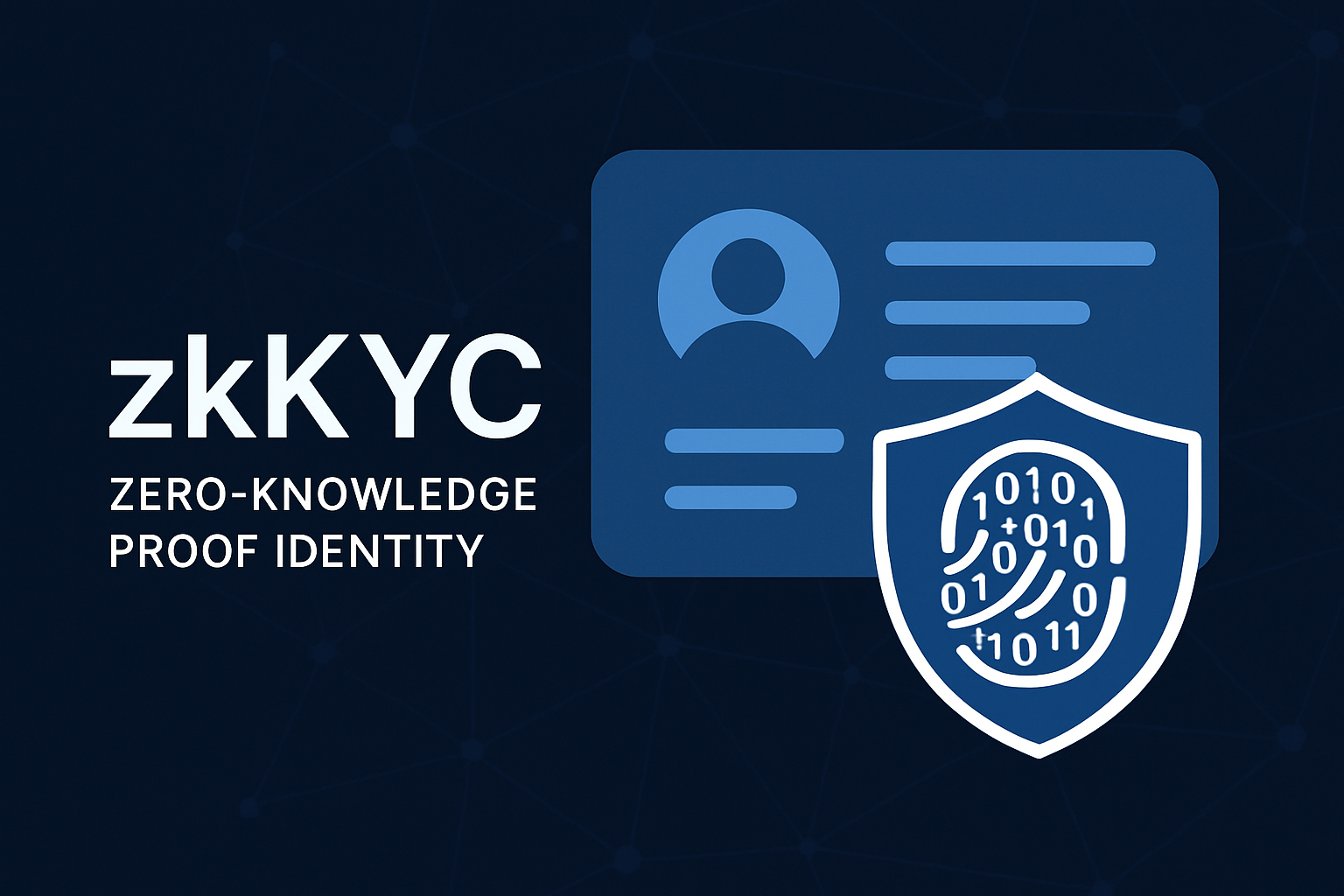
zkKYC Solutions: Allows organizations to fulfill Know Your Customer (KYC) requirements by verifying user identities without exposing sensitive personal data, using ZKPs for compliance and confidentiality.
-
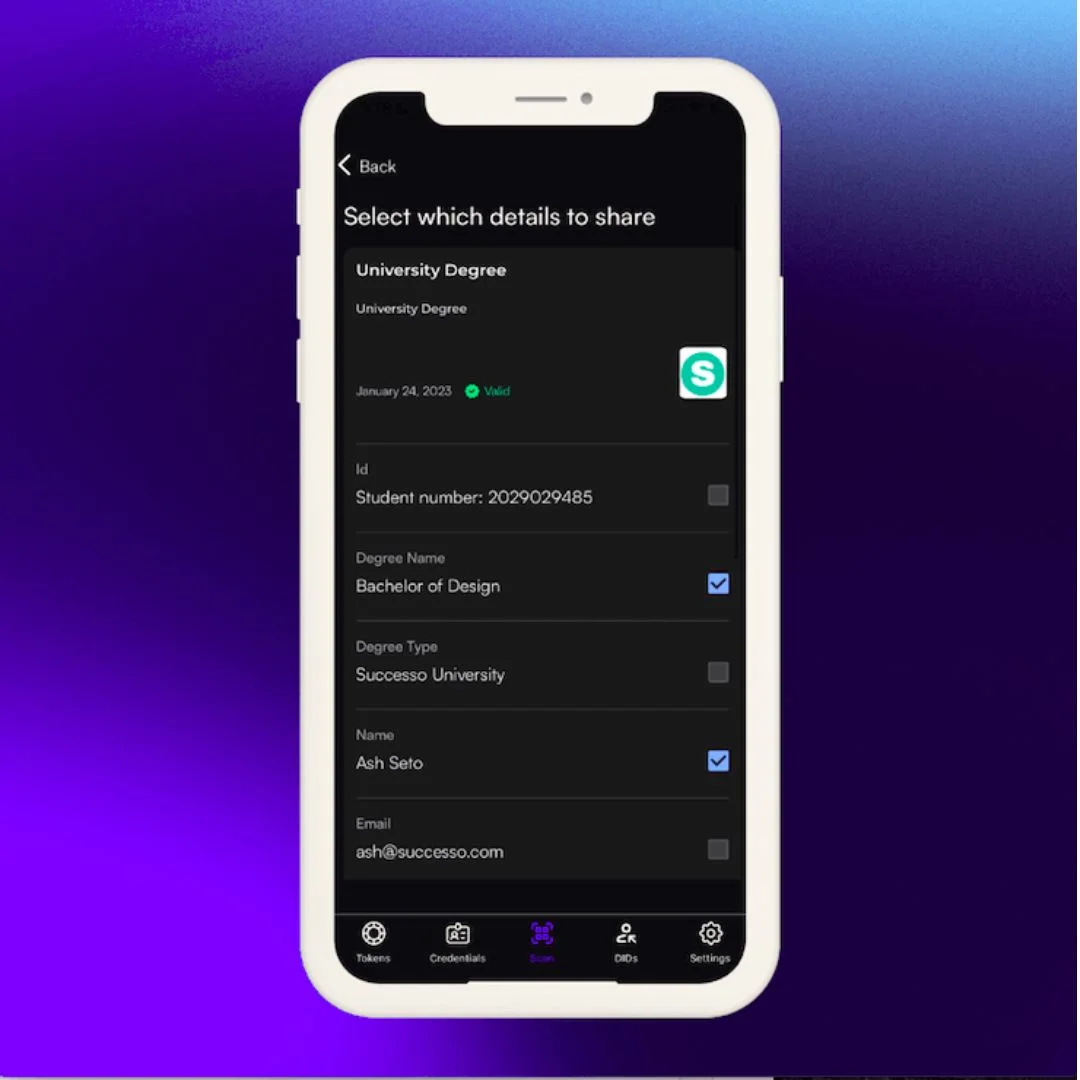
Decentralized Age Verification: Empowers users to prove they are over a certain age (e.g., 18+) without revealing their exact birthdate, supporting regulatory compliance in sectors like gaming and finance.
-

Privacy-Preserving Access Control: Facilitates secure access to digital services or physical spaces by proving possession of required credentials without disclosing unnecessary personal information.
Real-World Implementations: From IOTA Identity to zkKYC
The market is moving fast as both enterprises and individuals recognize the power of privacy-preserving digital identity tools. Here are some standout implementations making waves:
- IOTA Identity: Integrates zero-knowledge credentials so users can disclose only select attributes when needed.
- Meeco’s ZKP Roadmap: Enables fine-grained attribute sharing using advanced cryptographic techniques.
- zkKYC: Fulfills regulatory requirements while keeping personal info off the table, perfect for DeFi onboarding and cross-chain compliance.
This new breed of decentralized KYC solutions is breaking the traditional trade-off between transparency and confidentiality. Instead of choosing between usability and privacy, users get both, all thanks to the synergy between self-sovereign identity wallets and zero-knowledge proofs.
Cross-chain identity verification is another frontier where zero-knowledge proofs are setting new standards. As decentralized finance (DeFi) and Web3 ecosystems become increasingly interconnected, users demand seamless yet private onboarding across platforms. Modern self-sovereign identity wallets are responding by integrating ZKP-powered credentials that can be verified anywhere, without exposing the user’s core data. This is a game-changer for anyone who wants to interact with multiple blockchains or dApps without leaving a trail of personal information scattered across the internet.
What’s especially exciting is how these advances are empowering both end users and organizations. Enterprises can now build trust with customers by offering privacy-first onboarding, while individuals finally get to decide who sees what, when, and why. This mutual benefit is driving rapid adoption, as seen in the expanding toolkit of SSI wallet providers and the growing number of DeFi protocols supporting decentralized KYC.
Challenges and the Road Ahead
No revolution comes without hurdles. The biggest challenges facing zk selective disclosure in self-sovereign identity wallets are usability, interoperability, and education. For many users, cryptographic proofs still feel abstract or intimidating. Developers must focus on intuitive interfaces that make privacy-preserving actions as simple as tapping a button.
Interoperability is equally critical. With so many identity frameworks and credential formats emerging, ensuring smooth cross-platform verification is key to mainstream adoption. Efforts like W3C’s Verifiable Credentials standard and open-source libraries for ZKPs are helping bridge these gaps, but there’s more work ahead.
The Future: User Empowerment at Scale
The vision for privacy-preserving digital identity isn’t just about keeping secrets, it’s about unlocking new possibilities for trust online. Imagine applying for a loan, joining a DAO, or accessing age-restricted content globally with nothing but your SSI wallet, and never worrying about surveillance or data leaks again.
Developers are already experimenting with composable credentials that can be reused across services while minimizing data exposure at every step. The next wave will see even more granular controls: one-click proofs for specific claims, decentralized recovery mechanisms, and integration with biometric authentication, all underpinned by zero-knowledge cryptography.
Key Benefits of Zero-Knowledge Proofs in SSI Wallets
-
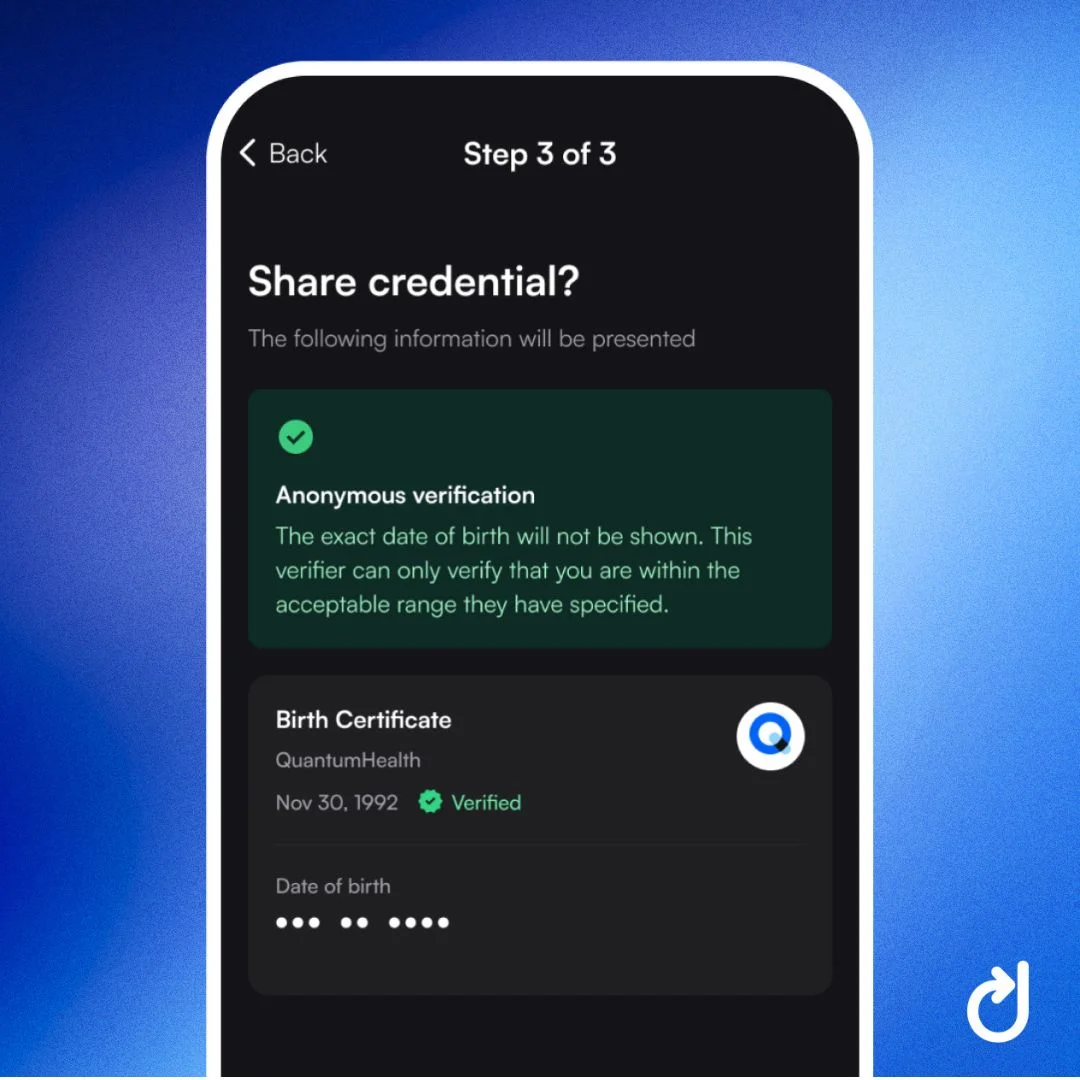
Selective Attribute Verification: Users can prove specific facts—like being over 18—without revealing full credentials, thanks to zero-knowledge proofs. This empowers individuals to share only what’s necessary for each interaction.
-
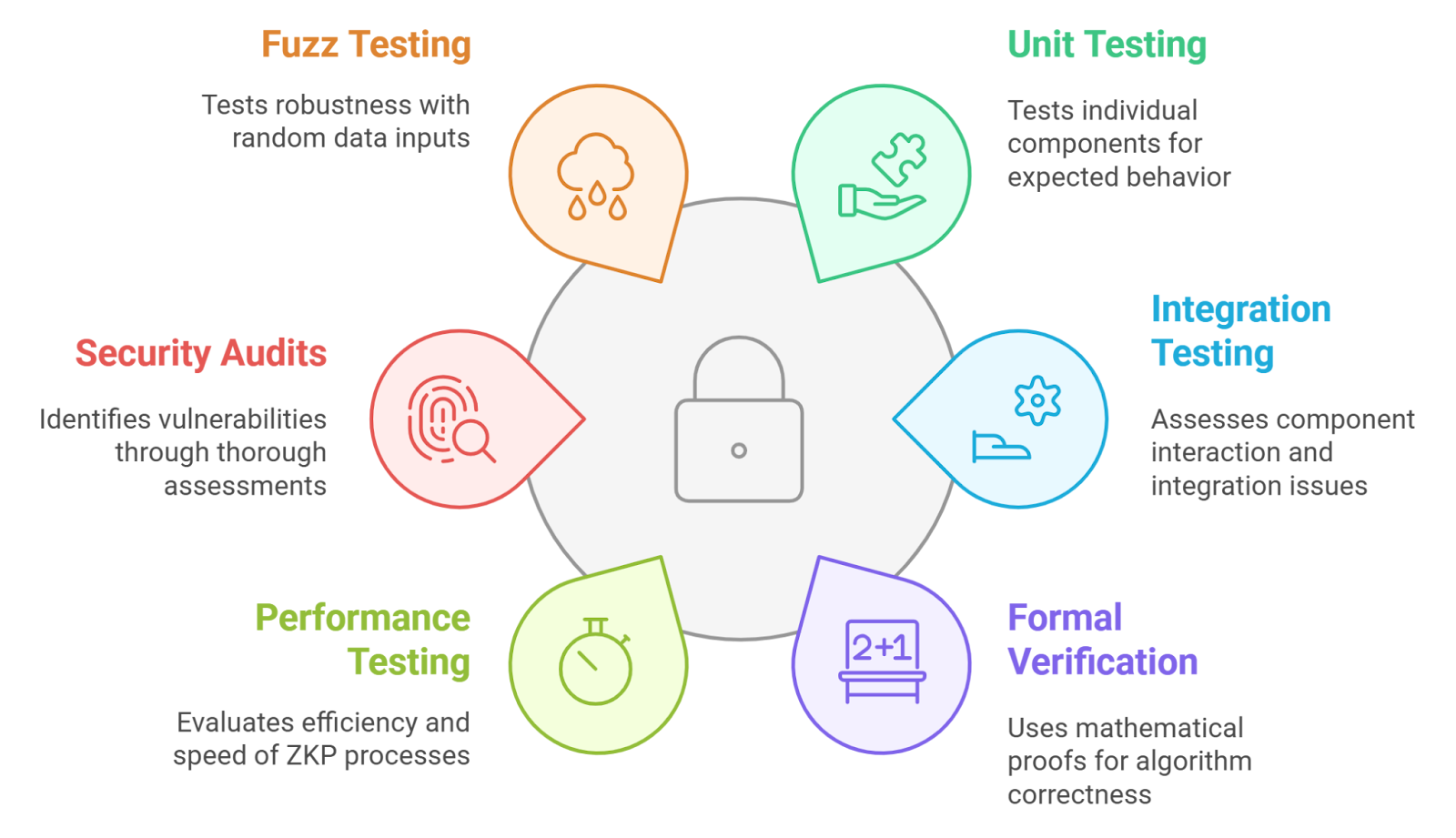
Enhanced Privacy and Data Minimization: Zero-knowledge proofs minimize the personal data shared during verification, dramatically reducing the risk of data breaches and unauthorized tracking. This aligns with global privacy standards and regulations.
-
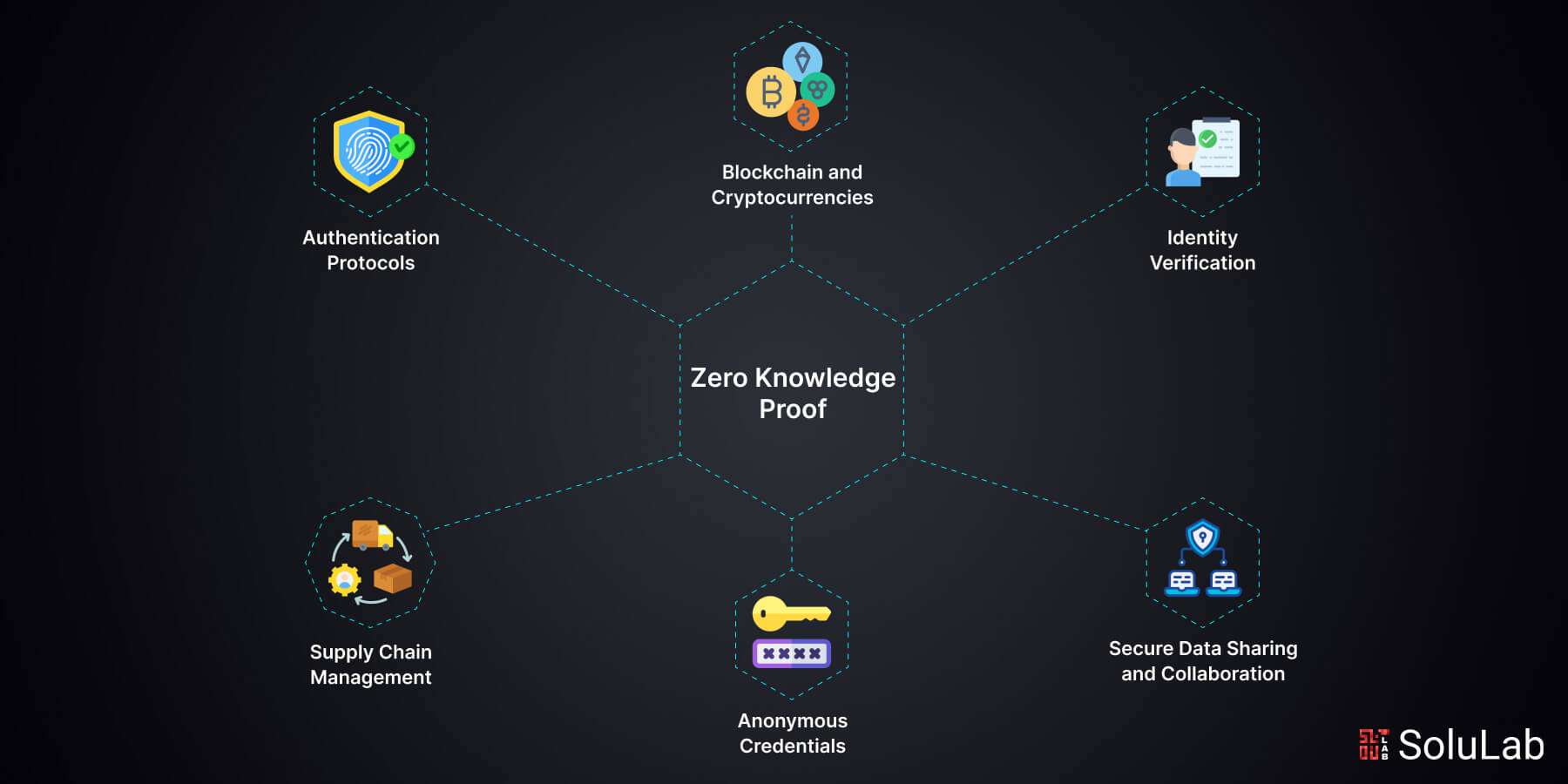
Decentralized and Trustless Verification: By combining decentralized identifiers (DIDs) and verifiable credentials (VCs) with ZKPs, users can authenticate themselves without relying on centralized authorities, maintaining both privacy and security.
-

Regulatory Compliance Without Overexposure: Solutions like zkKYC use ZKPs to meet KYC requirements, allowing businesses to verify customer identities while protecting sensitive information.
-
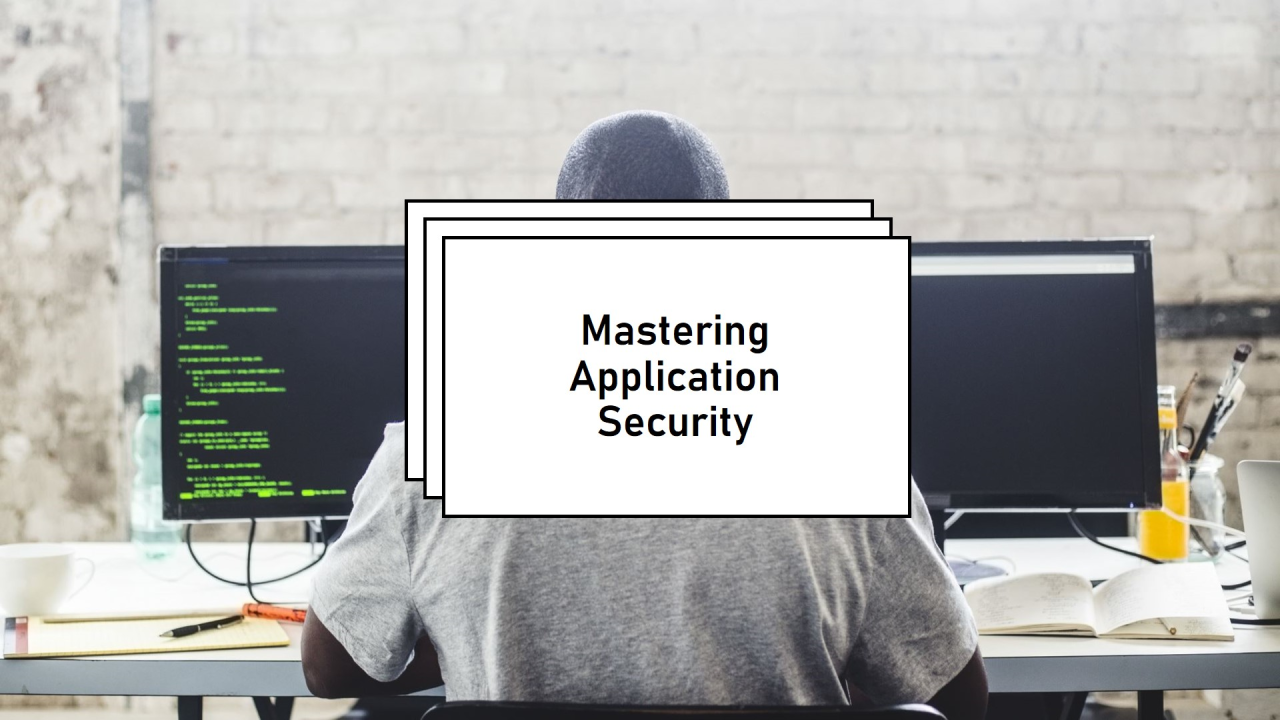
Real-World Implementations: Platforms like IOTA Identity and Meeco are pioneering ZKP-powered selective disclosure, giving users granular control over which attributes are shared with third parties.
If you’re ready to take control of your digital presence, or if you’re building apps that demand both compliance and confidentiality, now is the time to explore what zero-knowledge proofs can do for decentralized identity. The future belongs to those who dare to put privacy first, without compromise.






